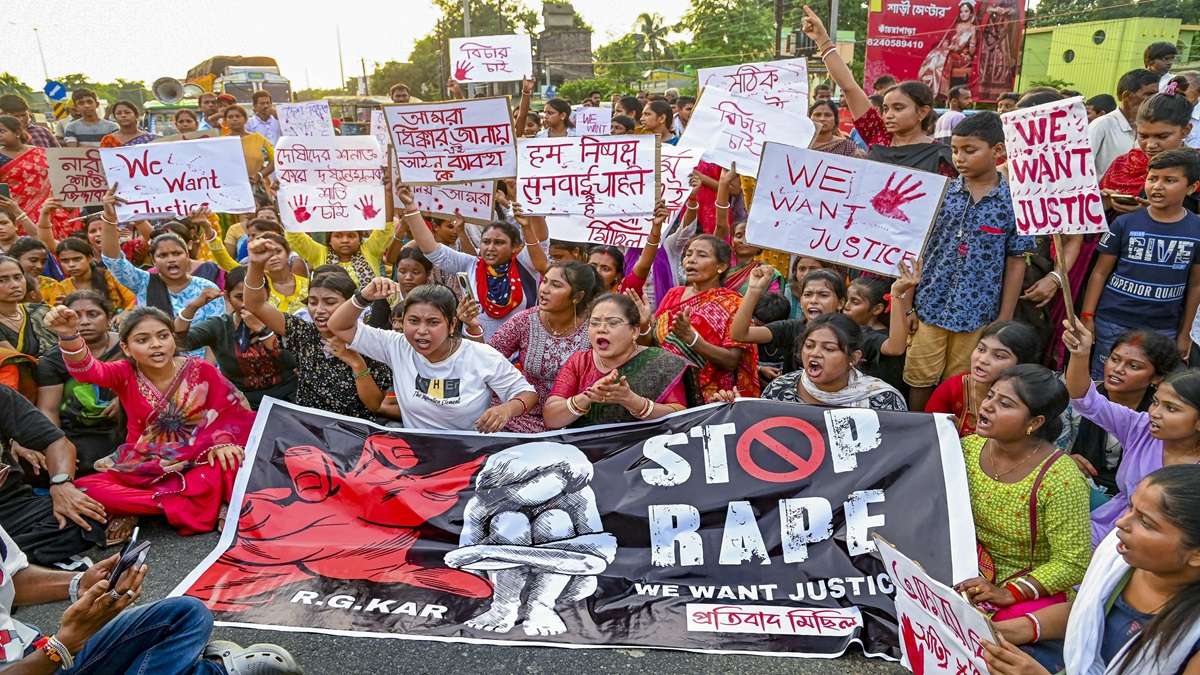A female doctor raped and murdered in Kolkata: A special court in Kolkata today (August 23) allowed the Central Bureau of Investigation (CBI) to conduct a polygraph test on Sanjay Roy, the prime accused in the rape and murder of a junior doctor at RG Kar Medical College and Hospital.
On Thursday (August 22), the same court had approved the Central Bureau of Investigation (CBI) petition seeking to conduct the test of controversial former director of RG Kar Medical College and Hospital, Sandip Ghosh, and five others in connection with the case.
What is a polygraph test?
The polygraph is basically a device or procedure used to measure and record various physiological factors of a person accused of a crime. The test was first used by Italian criminologist Cesare Lombroso in the 19th century.
When subjected to the test, the accused is asked questions, based on which his blood pressure, pulse, respiration and skin conductivity are monitored, which can vary when a person gives misleading answers.
These are monitored through cardio bracelets or sensitive electrodes placed on the accused to monitor blood pressure, pulse and other variables. The procedure for obtaining court permission for a polygraph test is not straightforward. The court gives its nod in such cases only after the persons to be tested give their consent for it.
Moreover, it is mainly a method adopted by investigative agencies to arrive at the truth, and their findings cannot be presented as evidence in a court of law.
How is a polygraph test performed?
Before the polygraph test begins, the defendant undergoes a series of tests. It usually begins with a round of pre-tests where the investigating agencies ask questions that can be used as a check.
In the second round, the defendant is asked to deliberately lie to further increase the accuracy of the procedure. This test, known as the “stimulation test,” can also make the defendant nervous and anxious. The test is considered passed if the physiological responses to the diagnostic questions are greater than those given during the relevant questions.
What does Indian law say about polygraph test?
Article 20(3) of the Constitution of India protects against self-incrimination and gives the accused the freedom to choose whether to undergo testing or not. No accused can be compelled to undergo testing. Importantly, compelling an accused to undergo testing is considered a violation of Article 20(3).
How accurate is a polygraph test?
While a polygraph test can measure arousal caused by anxiety, post-traumatic stress disorder (PTSD), nervousness, fear, confusion, hypoglycemia, psychosis, depression, or other factors, it cannot accurately measure lying.
It is not scientifically proven that these are 100 percent accurate.
Disclaimer:
The information contained in this post is for general information purposes only. We make no representations or warranties of any kind, express or implied, about the completeness, accuracy, reliability, suitability or availability with respect to the website or the information, products, services, or related graphics contained on the post for any purpose.
We respect the intellectual property rights of content creators. If you are the owner of any material featured on our website and have concerns about its use, please contact us. We are committed to addressing any copyright issues promptly and will remove any material within 2 days of receiving a request from the rightful owner.

